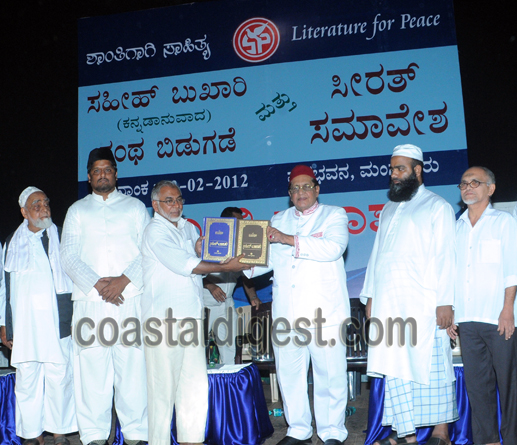
Mangalore, February 4: The peaceful revolution of the seventh century in the land of Arabia, where an Islamic state was established without any bloodshed, continues to inspire people in the Middle Eastern nations in the 21st century, said Islamic scholar and Jama'at-e-Islami Kerala assistant amir Shaikh Muhammad Karakkunnu.
He was delivering a lecture at the Seerath Conference which followed the releasing ceremony of the Kannada translation of 'Saheeh-al-Bukhari' at Town Hall in the city on Friday evening.
In his hour-long speech Mr Karakkunnu contrasted the failure of modern states, where racism, casteism, crime, violence, injustice and materialism were rampant, with the successful Islamic revolution, which had abolished the vices from the society through non-violence under the leadership of Prophet Mohammad (pbuh). “The revolutions of Egypt, Tunisia and Morocco too were inspired by the unparalleled Islamic revolution”, he said.
He said that Islam assured a peaceful and prosperous state on the earth, where people from all walks of life could lead a peaceful life. He also highlighted the exemplary model set by Prophet Muhammad in all spheres of human life. “Prophet Muhammad set a great example of social justice and equality by bestowing the honour of declaring the victory by climbing atop Kabah to Hazarth Bilal, a black slave from Africa. This gesture is unparalleled in the history of mankind. Can we even for a second think of a man from the backward class or scheduled castes or tribes climbing up the red fort and delivering the victory speech on the midnight of August 14, 1947, in place of Pandit Nehru?,” Mr. Karakkunnu asked.
He also narrated the humiliation suffered by boxing legend Mohammed Ali on returning to America after winning world championship. “The legendary boxer could not even enter a restaurant despite showing his medals. The owner of the restaurant very rudely shut the door on him saying pigs and blacks are not welcome. This has happened in the 20th century 14 centuries after Prophet Muhammad put an end to discrimination on the basis of race and colour,” Mr. Karakkunnu said.
He said that the life of Prophet Muhammad (pbuh) remained an open book, as each and every details of his prophetic life were recorded in the form of Hadith.
Mr Karakkunnu also lauded the 'Shanti Prakashana', the publishers of the Kannada translation of 'Saheeh-al-Bukhari'. “Being a leading Islamic book publishers in Kannada, the Shanti Prakashana' has been serving as a prominent 'informal educational institution' in the land of Kannada. The work of Shanti Prakashan is far more useful than many materialistic formal educational institutions”, he opined.
Muhammad Kunnhi, the manager of Shanti Prakashana delivered introductory remarks. Industrialist B Ahmed Haji Mohiuddin, speaking after receiving the first copy of the Kannada Saheeh-al-Bukhari from Mr. Karakkunnu, laid emphasis on the importance of gaining knowledge.
Translator of 'Saheeh-al-Bukhari' M Sadullah, and religious scholars Yahya Thangal, Muhammed Salim Nadvi and Mohammed Hasan Nadvi also spoke. Abdullah Javed, President of Karnataka state unit of JIH, delivered the presidential address.
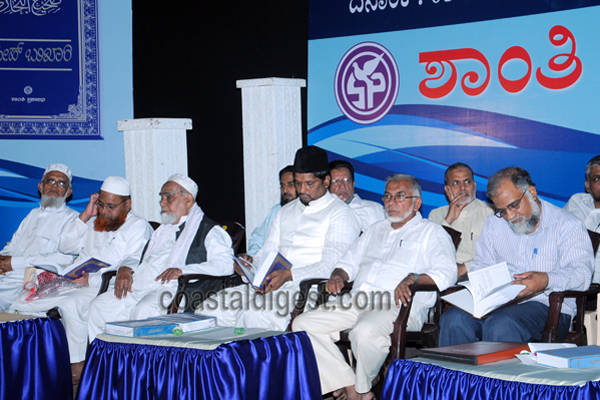
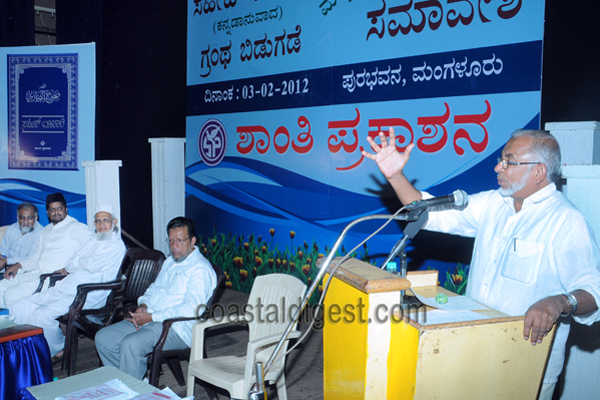
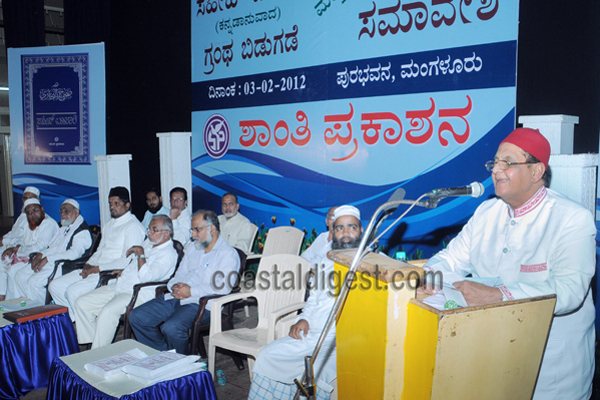
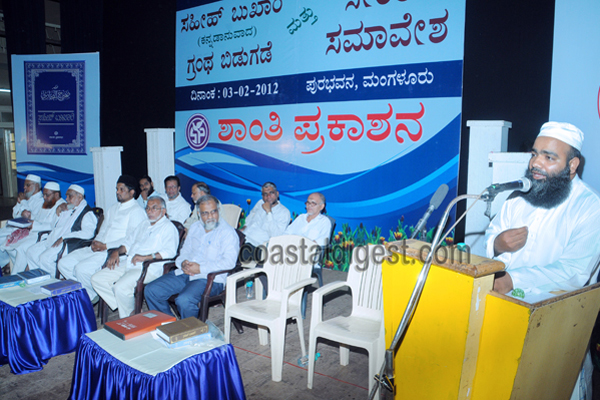
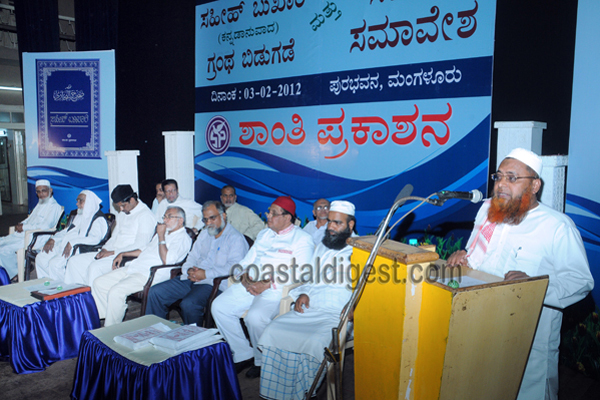
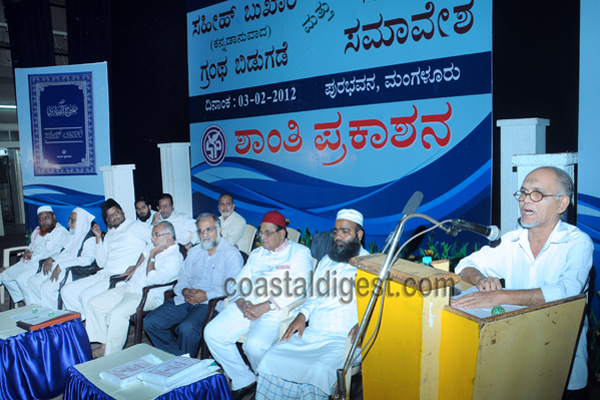
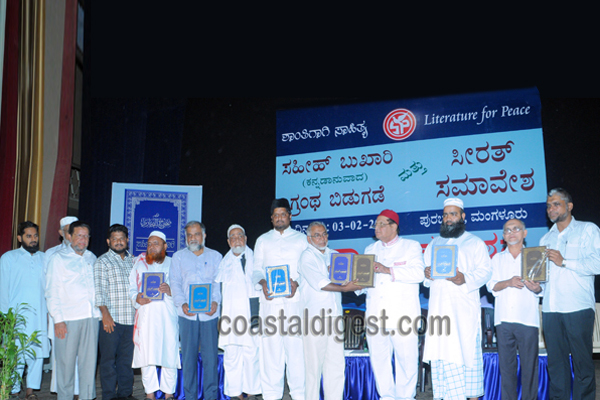
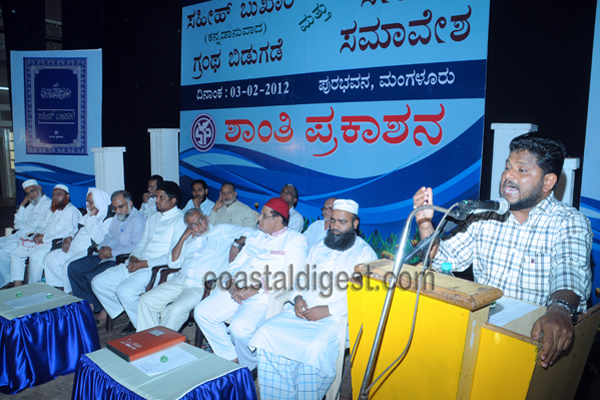
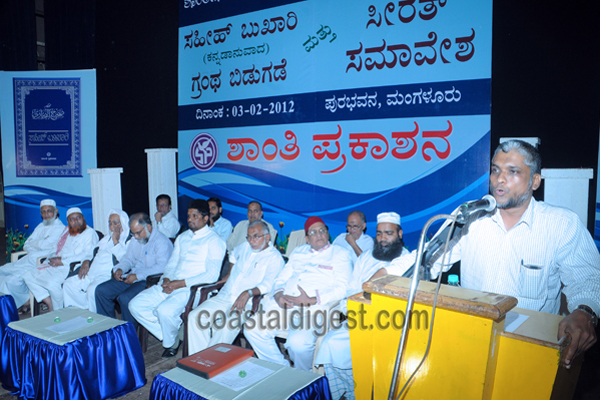
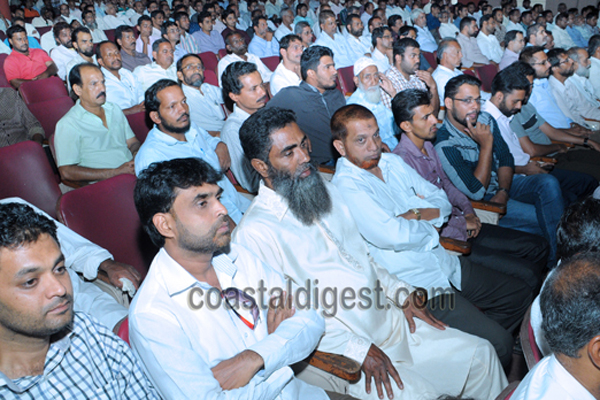
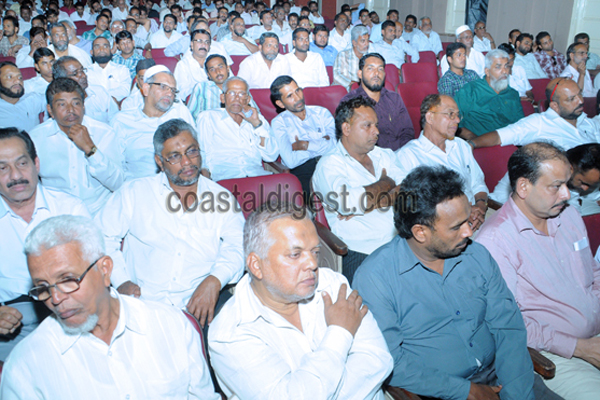
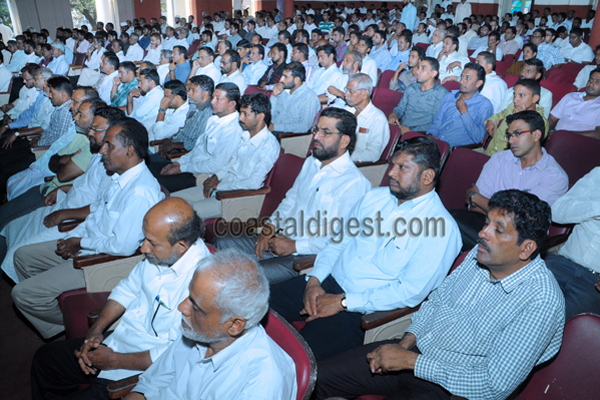
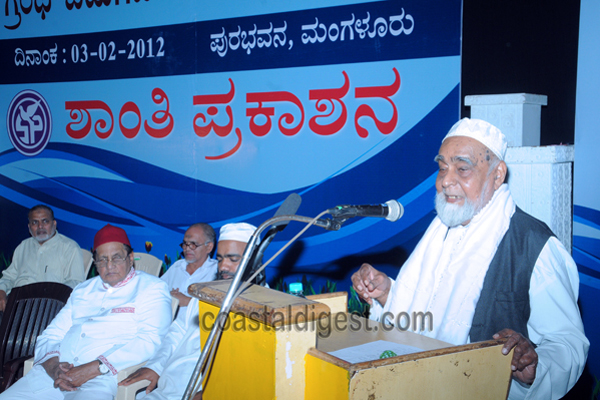
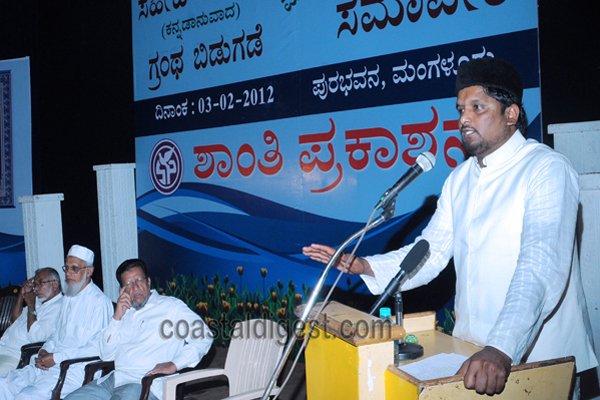
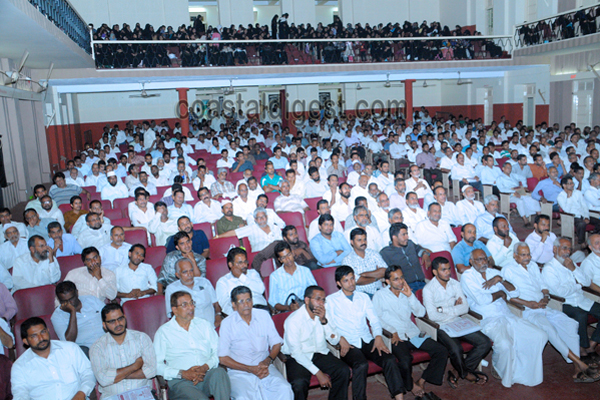






Comments
Add new comment